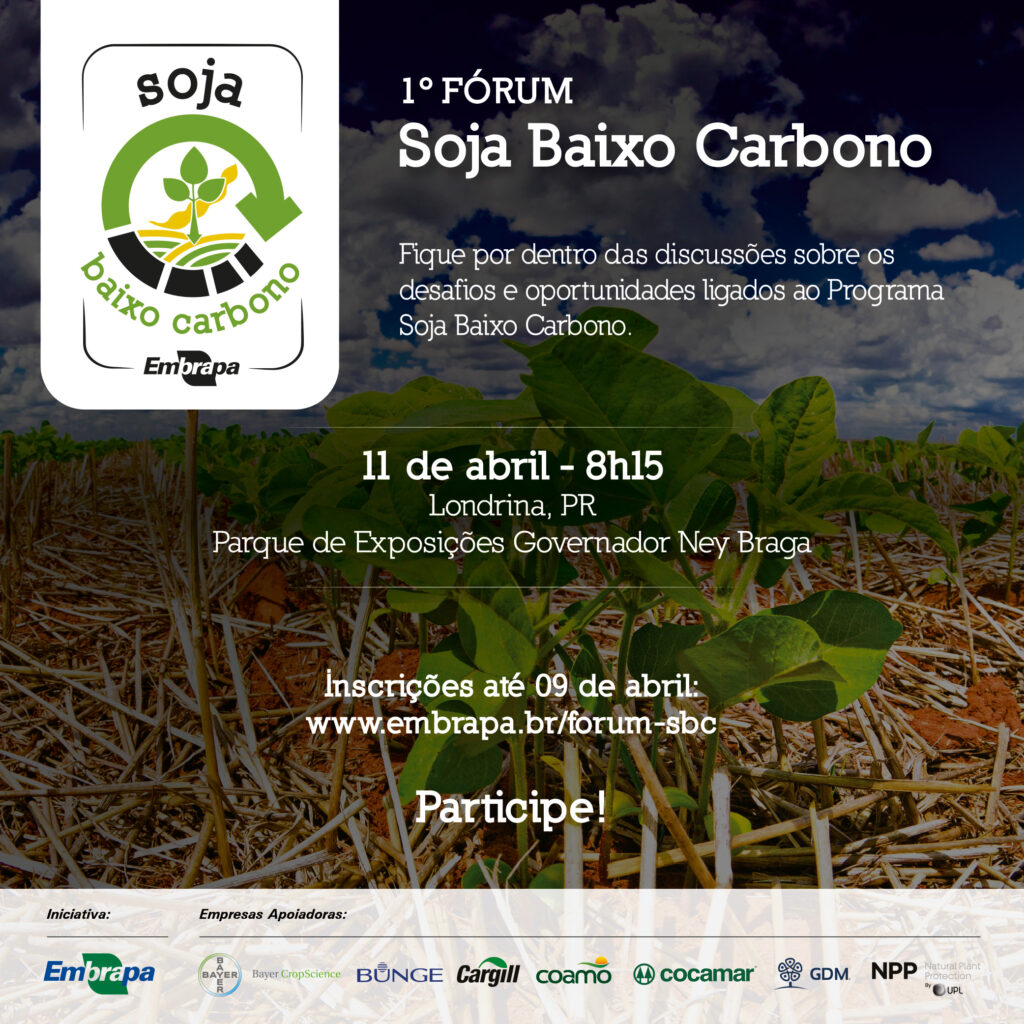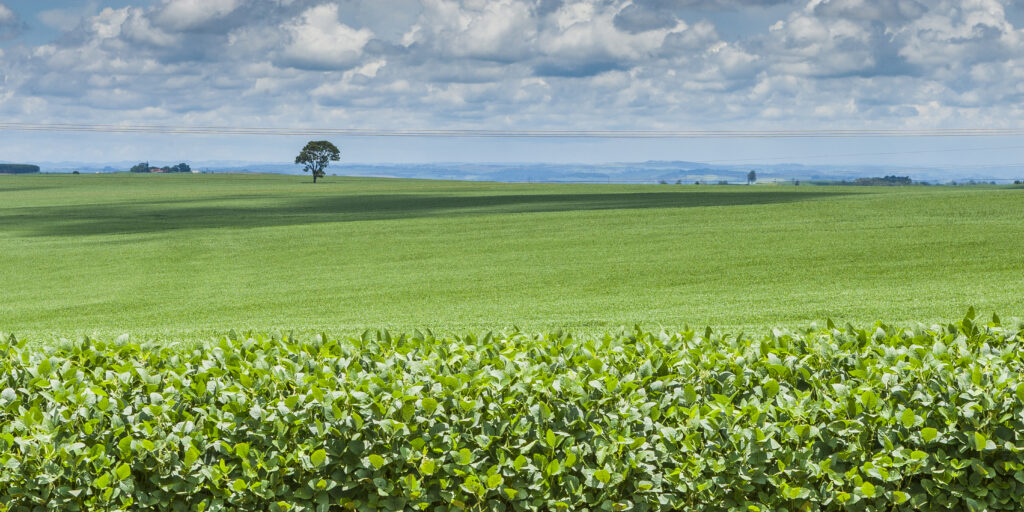– The Low Carbon Soybean Program (PSBC) is creating a protocol to certify soy producing areas with low greenhouse gas (GHG) emissions
– The PSBC protocol criteria will be validated in three harvests, starting from the 2023/24 harvest, in more than 25 pilot farms in all producing regions
– Embrapa has a history of data with the amount of carbon stored in the soil, in typical soy production systems (modal), in the main grain producing regions in Brazil.
– The scope of the PSBC provides for the comparison of typical production systems (agricultural crops used and production practices adopted) with areas that are candidates to receive the SBC seal, that is, those that adopt mitigating practices.
– The PSBC estimates that the potential for reducing GHG emissions can be approximately 30%, by adopting the sustainable technologies recommended by the PSBC.
– The SBC seal signals Brazil's intention to further improve sustainability aspects, which will certainly add value to the soybeans produced.
– The Low Carbon Soy Program adopted a sectoral innovation model and has partnerships with seven supporting companies: Bayer, Bunge, Cargill, Coamo, Cocamar, GDM and UPL.
The Low Carbon Soybean Program (PSBC) is advancing to the phase of proposing protocol guidelines that will attest to the sustainability of Brazilian soy production, through the granting of the Low Carbon Soy (SBC) seal to soy production systems that adopt agricultural technologies and practices that reduce the intensity of greenhouse gas (GHG) emissions. Still in the first half of 2023, the guidelines for the methodology will be completed, which will begin to be validated in the 2023/24 harvest and will continue in this process for two more harvests.




